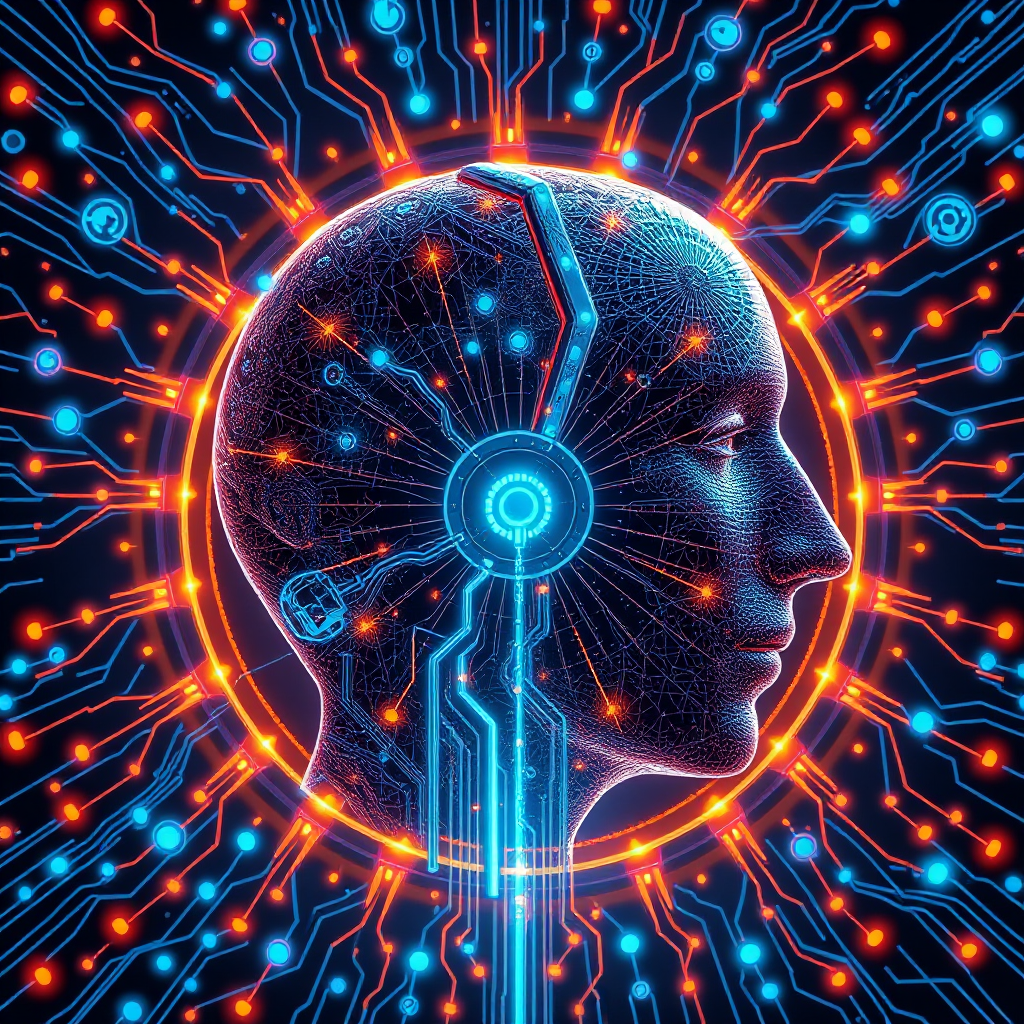
In today’s fast-changing world, artificial intelligence-often called AI-is more than just a trendy term. It’s quietly transforming how we live, work, and connect with each other. From virtual helpers like Siri and Alexa to Netflix’s smart recommendations and even self-driving cars, AI is becoming a part of our everyday lives. But what exactly is AI, and why is everyone talking about it? Let’s break it down in a simple and relatable way.
What Is Artificial Intelligence?
At its heart, AI is about creating machines that can think, learn, and make decisions-almost like humans do. These systems are designed to mimic how we solve problems, recognize things, and even get creative. Imagine teaching a computer not just to follow instructions, but to spot patterns, predict what might happen next, and get better over time. That’s the magic of AI.
There are different kinds of AI:
Narrow AI: This type is really good at one specific task, like filtering spam emails or playing chess.
General AI: A more advanced idea where machines could do any intellectual task a human can-doing many things, not just one. We haven’t reached this yet.
Superintelligent AI: A future concept where AI is smarter than humans in every way-still a topic of much debate.
AI in Everyday Life
You probably interact with AI more than you realize:
Social Media: AI decides what posts and videos you see based on what you like.
Streaming Services: Netflix uses AI to suggest shows and movies you might enjoy.
Online Shopping: Amazon’s recommendations are powered by AI learning your preferences.
Healthcare: AI helps doctors diagnose illnesses faster and more accurately.
AI isn’t here to replace us-it’s here to make life easier, smarter, and sometimes even more fun.
How Does AI Work?
AI works by combining huge amounts of data with smart algorithms-step-by-step instructions that help computers learn from patterns. Here are some key parts:
Machine Learning: Teaching computers to learn from data and improve without being told exactly what to do.
Natural Language Processing: Helping machines understand and respond to human language, like when you talk to a chatbot.
Computer Vision: Allowing machines to “see” and interpret images and videos.
Robotics: Using AI to control robots that can perform complex tasks, like surgery or manufacturing.
Simply put, AI gets smarter the more it learns-just like we do.
Why Is AI So Important?
We’re creating more data every day than ever before, and AI helps us make sense of it all. Businesses use AI to understand customers and improve services. Governments use it to manage traffic or detect fraud. Scientists use AI to speed up discoveries in medicine, climate science, and space exploration. When used responsibly, AI can help solve some of the biggest challenges facing humanity.
Is AI a Threat or an Opportunity?
This is a big question many people ask. Movies often show AI as either a hero or a villain, but the truth is more balanced. AI raises important issues about fairness, privacy, and jobs. How do we make sure AI is fair and doesn’t invade our privacy? How do we prepare for changes in the workforce as machines take over some tasks?
By developing AI thoughtfully, promoting openness, and including many voices in decision-making, we can make sure AI benefits everyone-not just a few.
How Can You Explore AI?
The best way to understand AI is to try it yourself!
Take free online courses.
Experiment with AI tools like ChatGPT or Canva’s AI features.
Stay curious and follow the latest AI news.
Join conversations about AI ethics and its future.
AI isn’t just for experts-it’s for everyone. The more you learn, the more empowered you’ll be in today’s digital world.
Final Thoughts: Embrace the AI Era
Artificial intelligence isn’t science fiction anymore-it’s here and growing fast. Whether you’re a student, entrepreneur, artist, or just curious, understanding AI will open new doors for you.
Think of AI as a partner-a tool that, when used wisely, can boost your creativity, productivity, and help unlock innovations we haven’t even dreamed of yet.
If you found this helpful, feel free to share it with others!






